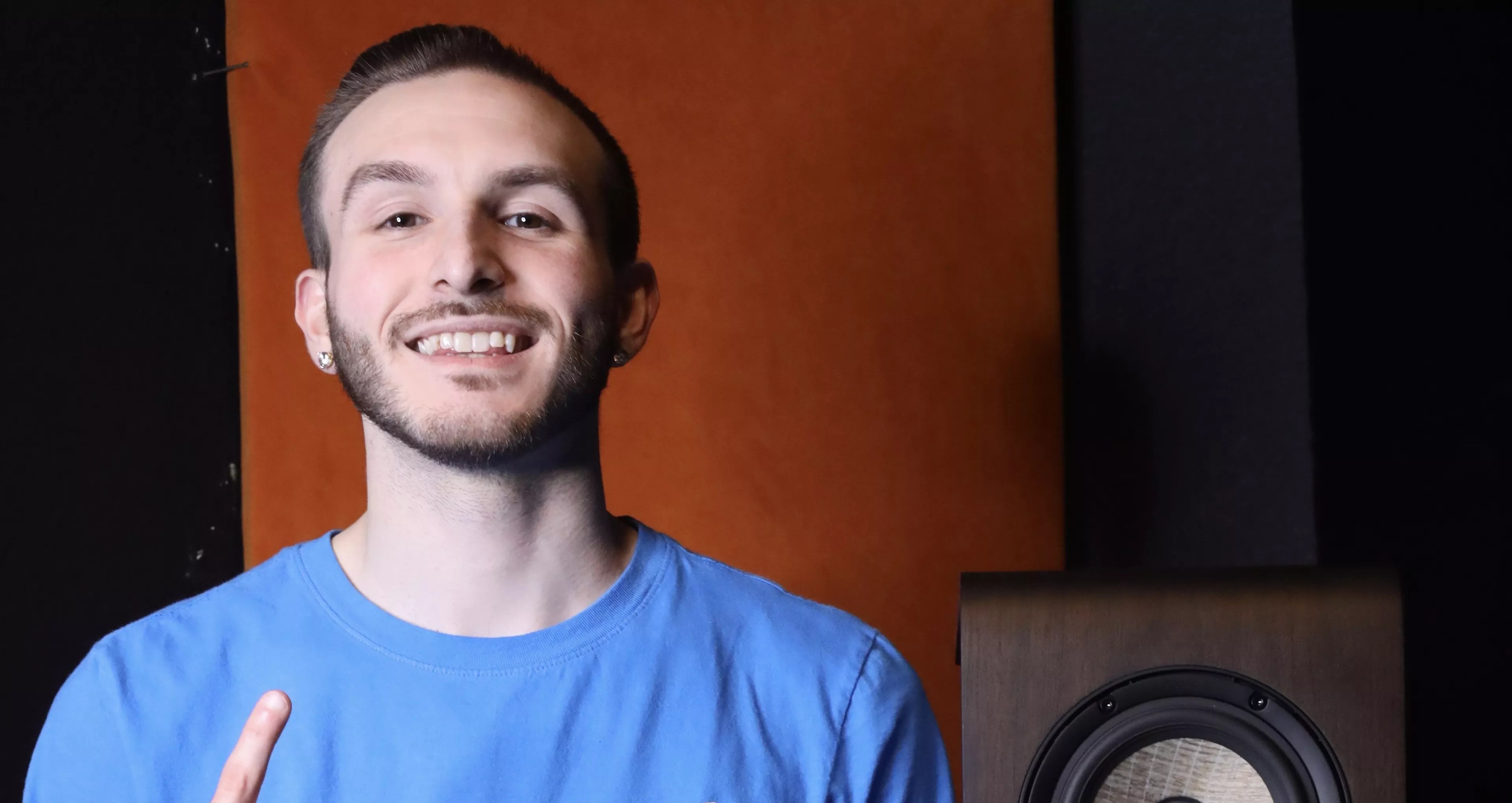
Ace Bli

Audio By Carbonatix
Joining the ranks of Dallas’ legendary music industry contributors is an audio engineer by the name of Ryan Prieur. Better known as Killshot, Prieur has built an impressive resume in his 25 years. He has worked with the likes of Bobby Billions, No Cap, Key Glock and Erykah Badu and graduated valedictorian last year at MediaTech Institute. Now, he’s on a mission to help fellow engineers and producers streamline the recording process.
This past November, Prieur released “Killshot’s Recording Cheat Code,” a stock template for ProTools.
“There are two major things to understand in the recording world,” Prieur says. “The first one would be signal flow. The second would be gain staging. Signal flow is the path the audio flows. And then gain staging is the volume at any given stage of the signal. I have [Cheat Code] set up, so even if you’ve never recorded in Pro Tools or know nothing about it, it tells you what you should target for your loudness. It tells you ways other engineers utilize the signal flow or ways you could take it and expand upon the signal flow.
“You can spend three hours on YouTube watching videos, or you can spend 30 minutes in my template and watch the tutorial I included.”
Prieur says Cheat Code is designed “more like a blueprint” than a plug-in. It contains detailed notes and instructions on each feature and audio kit, as well as color coding to help novice users navigate the software more easily and add finishing touches like reverbs and delays in their tracks.
Cheat Code has already become a favorite of producers and artists like J. White Did It, who produced Megan Thee Stallion & Beyoncé’s “Savage,” and MB Kace.
“I really like recording with [Cheat Code],” Kace says. “It’s a quick recording process, and it’s always the sound I want. It really gets me in my zone when I’m in the booth.”
Prieur’s passion for music began at a young age. As a child, he watched his drummer father play and would imitate his playing on a “sparkly blue drum set” he had in his room.
In middle school and high school, Prieur participated in drumline and jazz band. While he enjoyed playing percussion, he was more drawn to hip-hop music. He and a group of friends would later record hip-hop tracks in his home.
“It started with me just recording some homeboys at our house,” Prieur says. “We had a shitty little $15 USB microphone, and I had FL Studio on my computer. After enough times of us actually getting the end result of a song [recorded], I was like, ‘Yo, I think I could actually learn how to do this.'”
Prieur studied music production and audio engineering at Mediatech Institute, a school founded by Russell Whitaker, who also founded Dallas Sound Lab. In the late ’90s and early 2000s, several artists recorded albums at Dallas Sound Lab, including Badu, Destiny’s Child and Stevie Ray Vaughan.
“Most of the time, if you go work with an artist, they’re going to put in your face how many plaques they have, or how many Grammys they have (…) if they can do it and get that level of spotlight, why can’t the engineer or the producer?” -Ryan “Killshot” Prieur
At the time, Pro Tools and other types of recording software had just been introduced to the world, and only a handful of recording studios had the optimal equipment to make the move from tape machines to computers seamless – Dallas Sound Lab being one of them.
“It was a pivotal point in music,” Prieur says of this time period, “when we were just transitioning from tape to Pro Tools. The amount of facilities across the United States that had a million-dollar setup was maybe 10 or 15. Texas happened to be the middle ground between the East Coast and the West Coast. We were able to attract a lot of people into the city to record here because it was a common ground for everyone to meet.”
Prieur also hosts a weekly livestream called Knowledge That Kills on Twitch, in which he talks to other producers and engineers and helps give them a platform. Like many people behind the scenes in the music industry, Prieur believes producers and engineers don’t receive enough credit for their work.
Prieur hopes Cheat Code will help artists understand the amount of work that goes into recording and sonically optimizing a single track.
“Most of the time, if you go work with an artist, they’re going to put in your face how many plaques they have, or how many Grammys they have,” Prieur says. “That’s not a bad thing, but that’s just to say, if they can do it and get that level of spotlight, why can’t the engineer or the producer?”